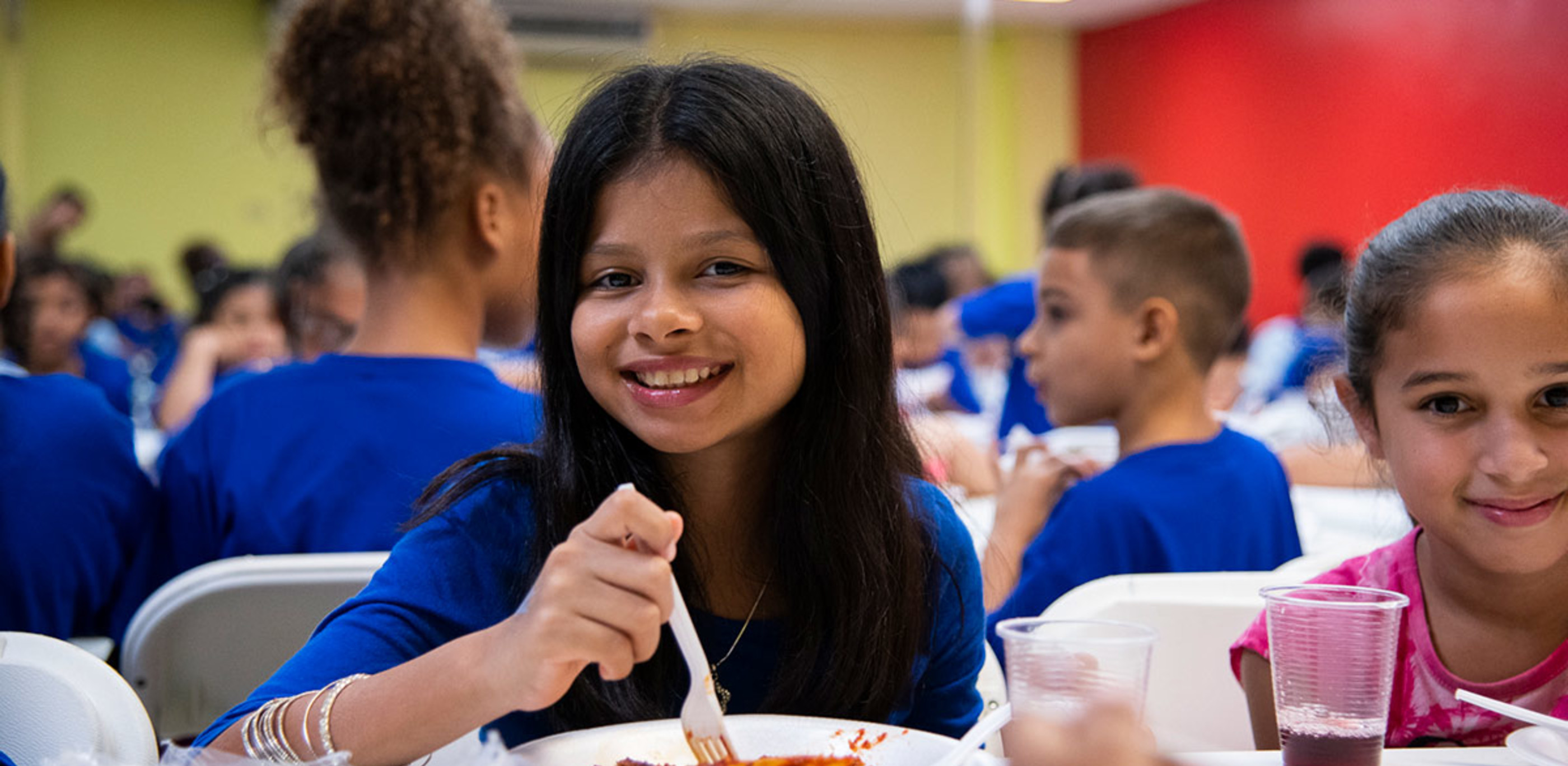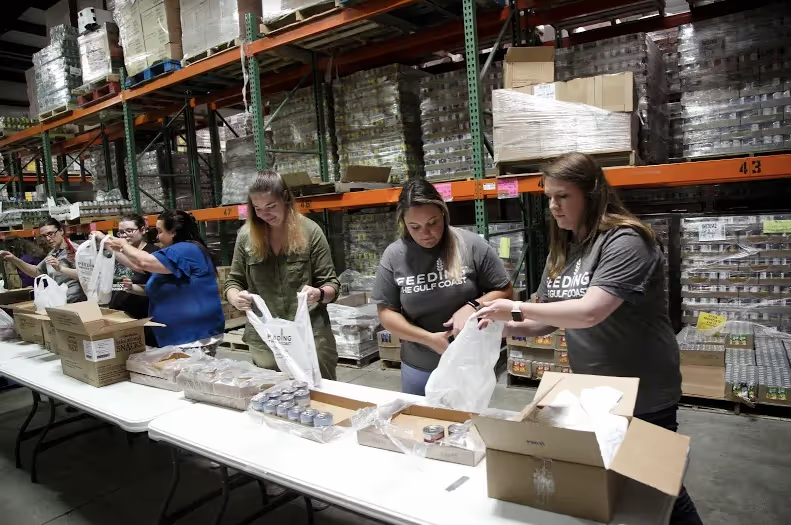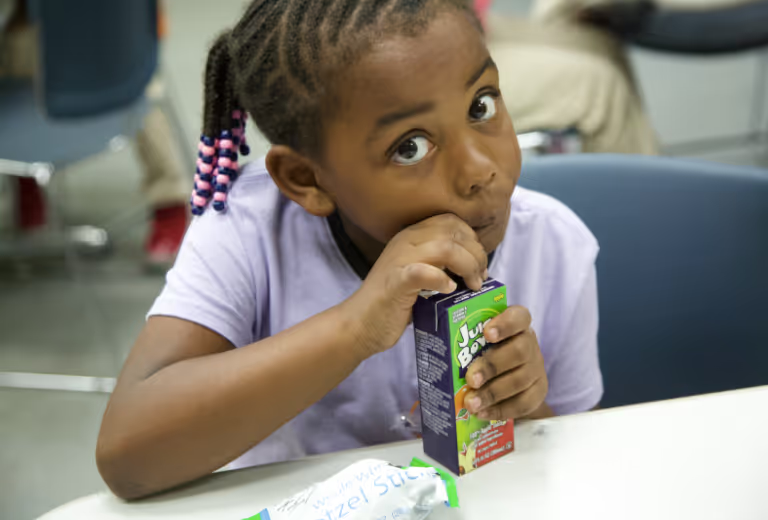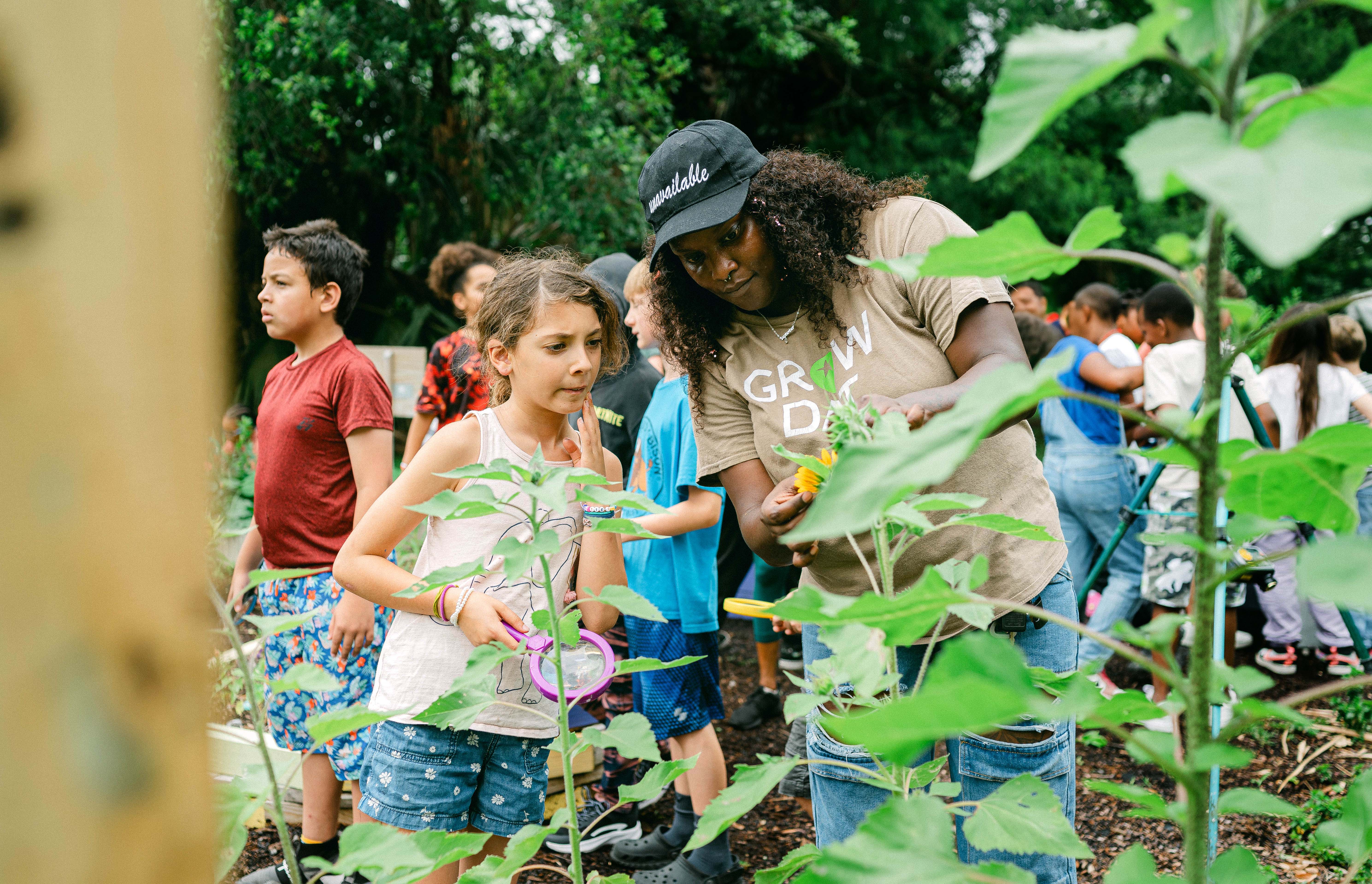Does a Virus Leave Children Hungry? How COVID-19 Is Causing Food Insecurity for Millions of Children

Child food insecurity — lack of steady access to enough, quality food — is already an issue faced by more than 12 million American children on a daily basis, and many millions more around the world. With the widespread economic and social impacts of the COVID-19 outbreak, worsening food insecurity is one of the most pressing ways that children living in poverty will be impacted.
So what does this look like, what is being done to combat it and how can you help from the safety of your home?
In the U.S.
Many children from low-income families rely on school for regular, healthy breakfasts, lunches and even take-home food for evenings and weekends. With thousands of schools closing across the country for the safety of children and communities, feeding programs that can fill the gap for kids are more critical than ever.
In addition, for millions more families who are under increased economic stress because of illness, reduced work hours and business closures, just one missed paycheck can mean the difference between stability and hunger.
Since national measures were enacted to help control the spread of the virus, Feeding America has reported a 40% increase in the demand for their support services, alongside significantly fewer volunteers and a 50% reduction in donations of food -- general consumer demand makes it even more difficult for Feeding America to secure what it needs to feed so many hungry families.
For partners like Covenant House, who are caring for homeless and street-connected youth, the closing of high schools, businesses and other locations where young people would normally receive food has put additional strain on Covenant House’s programs, with 40% more meals being served across their networks in recent weeks.

Across all 50 states, DC and Puerto Rico, our incredible partners at Feeding America, Covenant House, Save the Children and Boys & Girls Clubs of America are on the front lines to help ensure that kids in need can get the basics. They are finding new and innovative ways that they can still meet the needs of children in communities and garner support for this national crisis.
Internationally
Globally, one in nine - that’s 815 million - people face hunger, many millions of them are children. In fact, children are twice as likely to live in households facing extreme poverty (living on less than $1.90 a day) and for these kids hunger -- and even malnutrition -- is a daily reality.
What will happen when the Coronavirus hits places like Central and South America, South East Asia and Africa, where many countries are already struggling with poverty, hunger, and weak health infrastructures?
Hajir Maalim, regional director of Red Nose Day partner Action Against Hunger, believes that it is “clear that poverty and hunger will only get worse as the global economic impacts of COVID-19 ripple throughout the world.” For Example, in East Africa in the last few years populations have already been through droughts, followed by floods, and most recently a locust infestation that has threatened food supplies for the upcoming year.
Additionally, for rural communities internationally, a rise in prices of staple foods are expected as a side-effect of this pandemic, which means nutritious food and money for other needs -- from medicine to education -- may be even more scarce.
While many countries prepare as best they can for the initial cases of COVID-19 to increase, our partners at Hellen Keller International, Action Against Hunger and The Power of Nutrition are currently prioritizing increasingly critical nutrition programs in Burkina Faso, Tanzania, Kenya and more to ensure children are healthy, well-nourished, and best-placed to face new risks in the coming weeks and months as the Coronavirus spreads.
So, what's next?

For low-income families, the COVID-19 outbreak is likely to make an already precarious situation worse, and even one missed paycheck can make all the difference between food on the table and hunger for many more. And for families around the world in densely populated or developing areas, the already dire circumstances many face will be worsened by the economic and social upheaval of an outbreak, only exacerbating hunger and malnutrition issues that continue to persist.
Your support will help to fund a range of programs to combat child food insecurity, and so much more.





